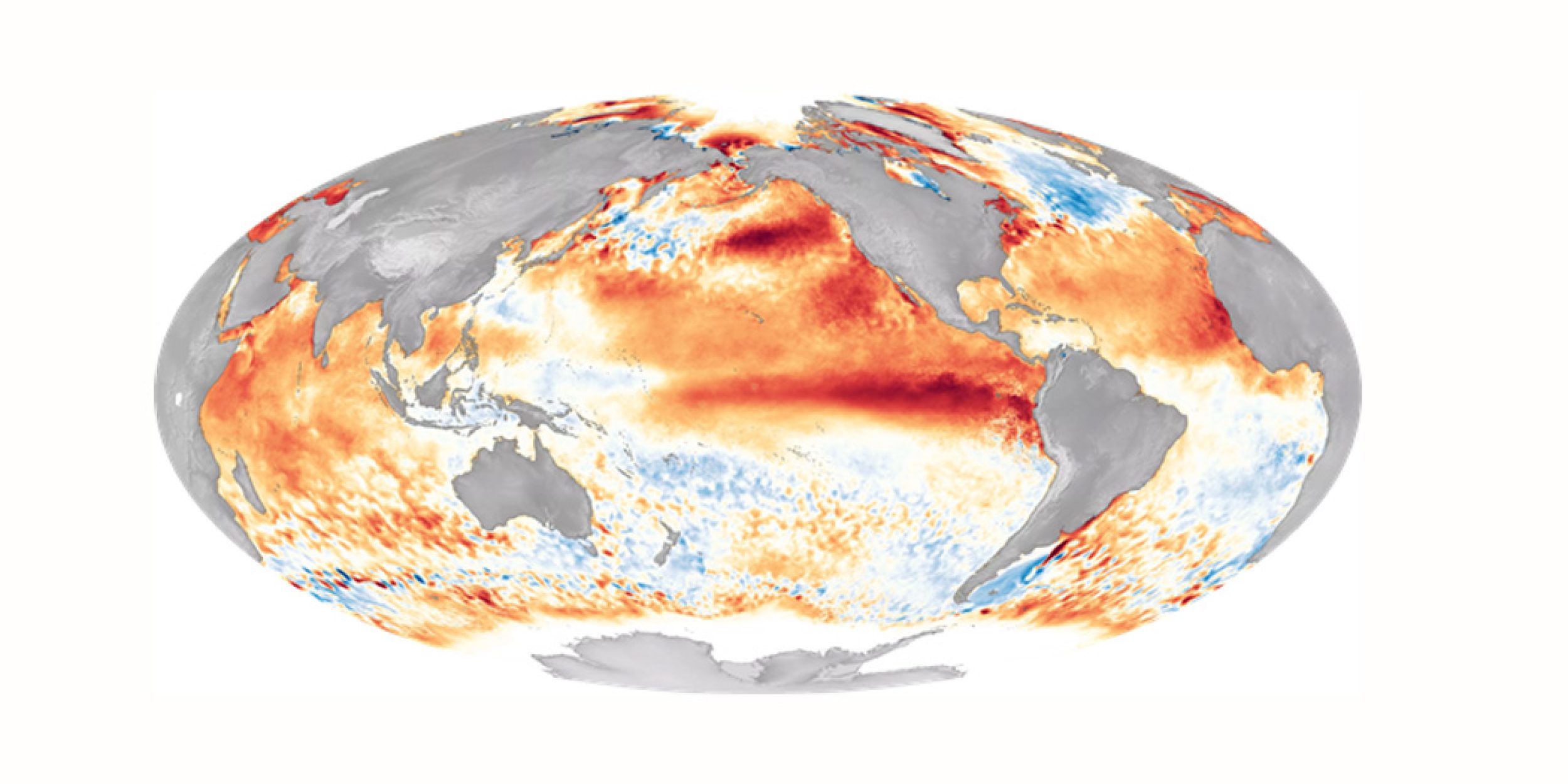Michael Tippett, a climate researcher at Columbia University, has been awarded funding for their role as a co-PI in the climate projections project, “Improving Climate Predictions by Rigorously Assessing Model Fidelity and Biases.”
In a new scientific study led by PI Timothy DelSole of George Mason University, co-PI Michael Tippett is also receiving support to work toward enhancing NOAA’s climate prediction capabilities through a meticulous analysis of GFDL’s SPEAR forecast system. By employing a rigorous statistical method that overcomes major limitations of previous methods, the researchers will evaluate and correct errors in the system, focusing on predictable variability in El Niño and North Atlantic/Pacific sea surface temperatures. Notably, Michael Tippett, with over 15 years of effective collaboration with DelSole, plays a crucial role as a co-PI, bringing his expertise to data interpretation and advising. The study not only responds directly to the call for improving the SPEAR system but also introduces innovative bias and drift corrections, contributing significantly to the understanding of climate prediction models and system improvements. This research promises to advance our understanding of climate variability, ultimately leading to more accurate and reliable climate predictions.
Funding for this project is provided by the NOAA Climate Program Office, MAPP program.



